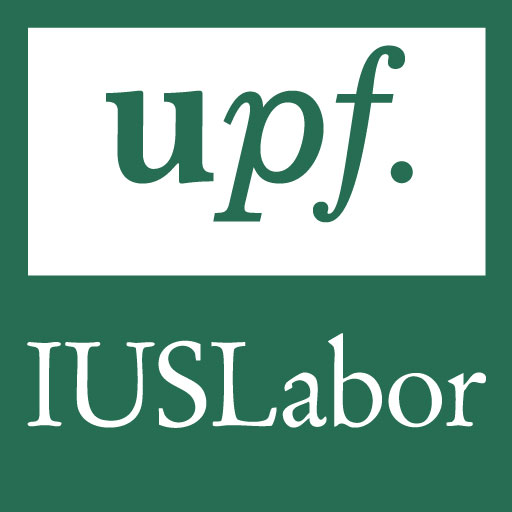Abstract
Este estudio se centra en la reformas introducidas por el Real Decreto-Ley 32/2021, de 28 de diciembre, de medidas urgentes para la reforma laboral, la garantía de la estabilidad en el empleo y la transformación del mercado de trabajo, en relación a su modificación del art. 11 Estatuto de los Trabajadores y la configuración de dos nuevas modalidades de contratos formativos, que vienen a sustituir a los contratos en prácticas, para la formación y el aprendizaje y para la formación dual universitaria. Su contenido tiene como enfoque valorar el alcance de las modificaciones establecidas y determinar si éstas suponen un avance considerable en el incremento de sus finalidades formativas y en la pretendida general reducción de la temporalidad en la contratación.
Rights

This work is licensed under a Creative Commons Attribution-NonCommercial-NoDerivatives 4.0 International License.
(c) IUSLabor. Revista d'anàlisi de Dret del Treball, 2022
Copyright
IUSLabor is an open access journal, based on the idea that making research available to the public openly and free of charge favors the global exchange of knowledge.
Consequently, all content is freely available, free of charge to users and their institutions. Users can read, download, copy, distribute, print, search or link the full texts of the articles in this journal without prior permission from the Editorial Committee or the author of the article, provided their authorship is acknowledged.
In this sense, IUSLabor uses the Creative Commons Attribution-NonCommercial-NoDerivative 4.0 International license (CC BY-NC-ND 4.0).
Authors grant, in a non-exclusive way, rights of reproduction, publication, distribution, public communication and transformation of their work for publication in IUSLabor and for inclusion in the databases in which the journal is indexed.
Likewise, authors authorize that their article be published with a Creative Commons Attribution-NonCommercial-NoDerivative 4.0 International license (CC BY-NC-ND 4.0).
Authors are allowed and encouraged to disseminate their work published in IUSLabor (for example, on institutional repositories, personal websites or social media), always referring to their publication in IUSLabor.


